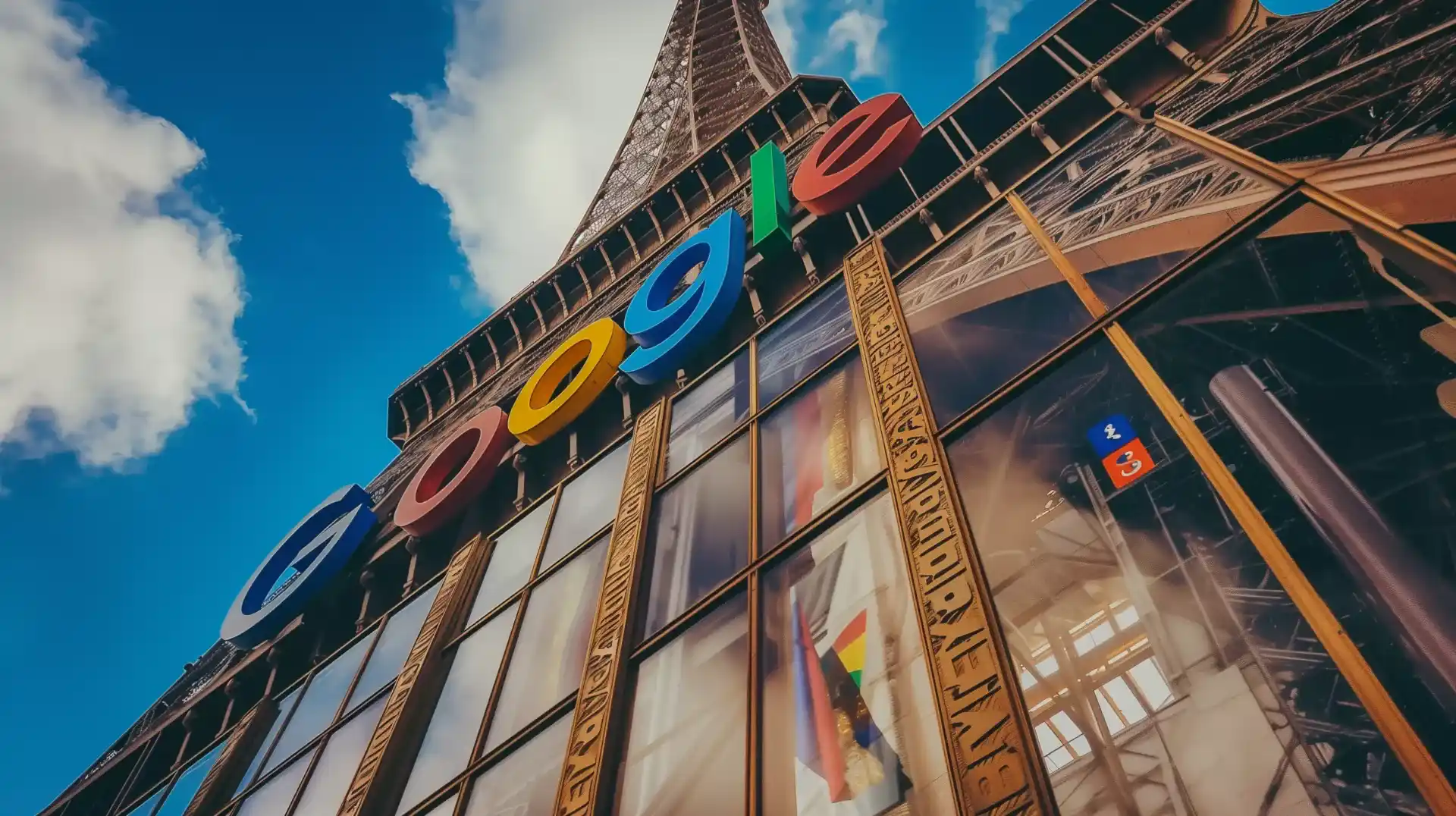Table of Contents
Google has inaugurated a new AI hub in Paris, dedicated solely to advancing artificial intelligence (AI). Nestled in a renovated building adjacent to Google’s main office in Paris, this center will house around 300 researchers and engineers committed to driving AI projects and products forward.
However, the new hub is not a new research center, as Google already has one in Paris since 2018. The company said that the team of 300 researchers and engineers who will work from the new hub are already part of Google Research and DeepMind, as well as YouTube and Chrome.
The inauguration of the new hub was attended by several high-profile government members, such as Bruno Le Maire, the minister of the economy, and Valérie Pécresse, the president of the Île-de-France region. They welcomed Google’s CEO Sundar Pichai and congratulated Google on the announcement.
Why did Google open a new AI hub in Paris?
The opening of the new AI hub in Paris is a strategic move by Google to position itself as a leader in AI and to attract AI talent. Paris has become a hotspot for AI research and innovation in recent years, with several tech giants and startups setting up AI labs and offices there.
In 2015, Facebook (now Meta) established its AI hub in Paris, led by Yann LeCun, a trailblazer in AI. This research initiative, known as FAIR (Facebook Artificial Intelligence Research), has emerged as a formidable competitor to Google in the AI realm. Through FAIR, Meta has made remarkable strides in AI, particularly in computer vision, natural language processing, and reinforcement learning, contributing significantly to the field’s advancement.
Another competitor is Mistral AI, a young startup that has raised hundreds of millions of dollars to develop new foundational models, which are large-scale AI systems that can learn from massive amounts of data and perform various tasks. Mistral AI is led by former Google and Facebook researchers and engineers, who left their jobs at Big Tech companies to pursue their vision of AI.
In the bustling AI hub in Paris, alongside Mistral AI, numerous other startups are tackling cutting-edge challenges. Companies like Nabla, Dust, Gladia, and Giskard are at the forefront, presenting compelling opportunities for AI talent seeking an alternative to traditional Big Tech roles.

How does Google show that it is an AI company?
Google has been investing heavily in AI research and development, as well as in acquiring AI talent and companies. The company has launched several AI products and services, such as Google Assistant, Google Photos, Google Translate, and Google Cloud AI.
Google’s latest groundbreaking AI endeavor, Gemini Ultra, stands as one of its most ambitious projects yet. As the pinnacle of their large language models (LLMs), Gemini Ultra excels in comprehending and generating natural language across diverse domains and languages. Rooted in Bard, an AI chatbot assistant unveiled a year ago at an AI hub in Paris, now rebranded as Gemini, this conversational AI system marks a significant leap forward in Google’s AI initiatives.
Bard was Google’s attempt to catch up with ChatGPT, the most popular and advanced AI assistant in the market, which is powered by OpenAI, a research organization that is backed by Microsoft. ChatGPT is an LLM that can generate coherent and engaging texts on any topic, as well as answer questions and have conversations with users.
By launching Gemini Ultra, Google wants to show that it can compete with ChatGPT and that it is capable of creating and improving LLM-based chatbots. The new AI hub in Paris is another way of showing that Google is an AI company and that it cares about AI as a priority.
What are the other AI investments by tech giants?
Google is not the only tech giant that is making big moves in AI. Microsoft, which is a major supporter of OpenAI and ChatGPT, also announced today a €3.2 billion ($3.4 billion) investment over the next two years in AI infrastructure in Germany.
The investment will be used to create data centers in Germany for Microsoft’s Azure cloud platform, which offers various AI products and services, such as Azure Cognitive Services, Azure Machine Learning, and Azure Bot Service. Microsoft said that the investment will help its customers and partners in Germany and Europe to accelerate their digital transformation and innovation with AI.
However, the investment is not focused on AI exclusively, as Azure is a much larger cloud provider that serves clients from different industries and sectors that have nothing to do with AI. Therefore, the investment is also a way of expanding Microsoft’s cloud business and presence in Europe.





